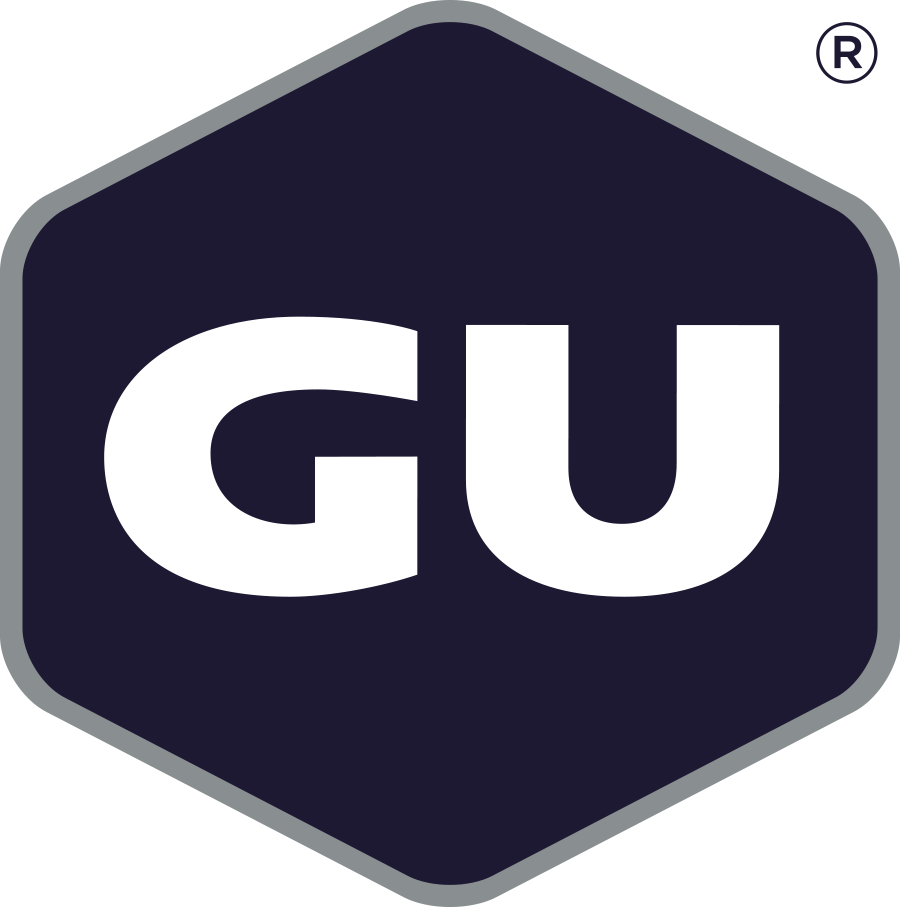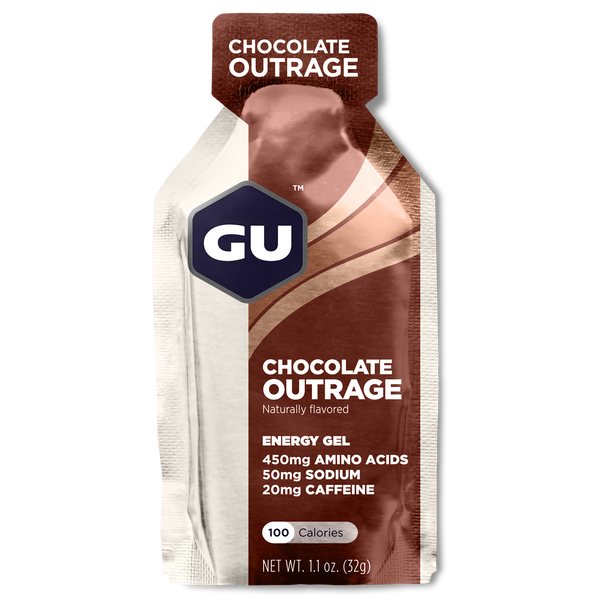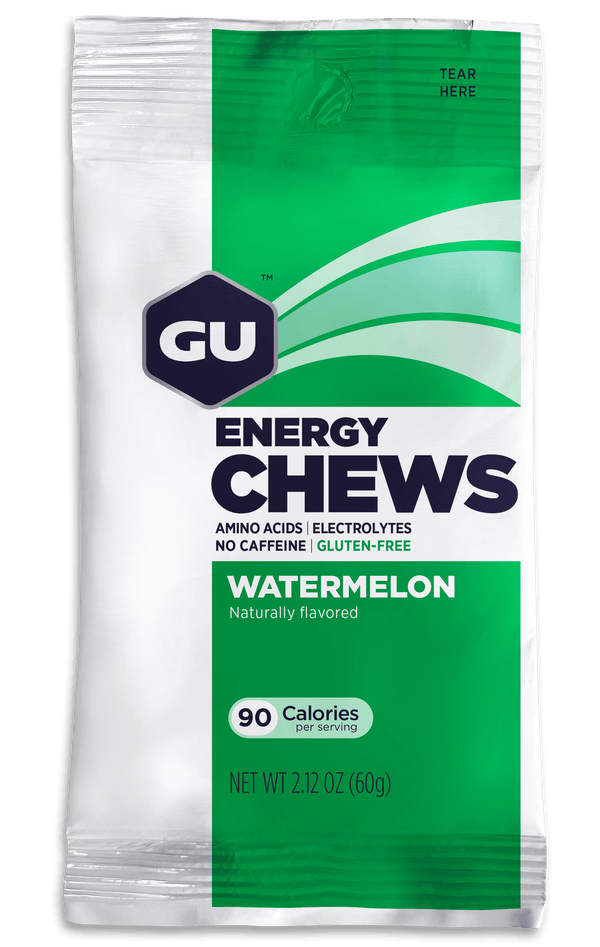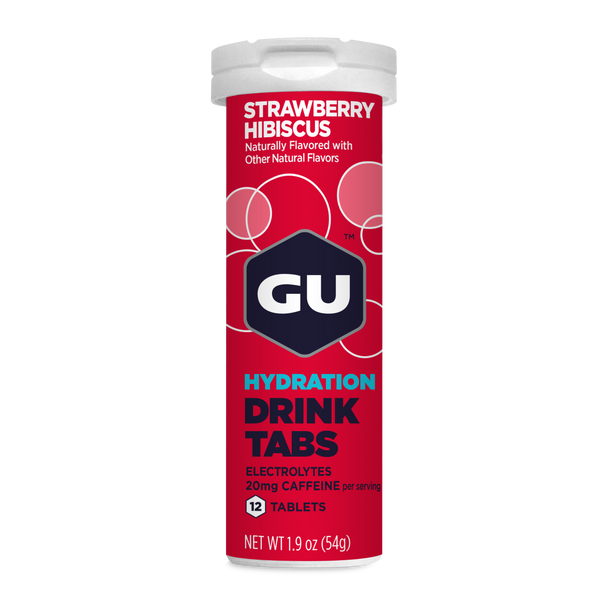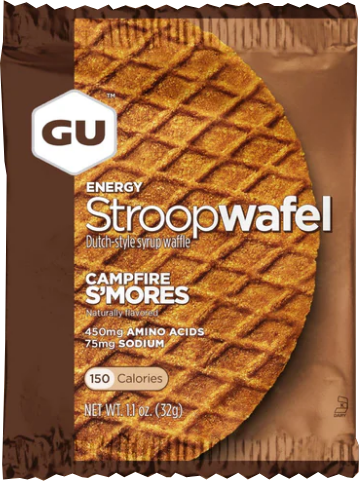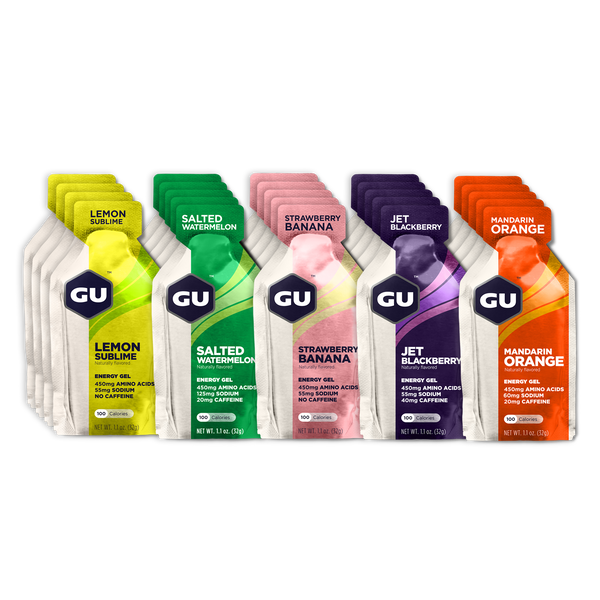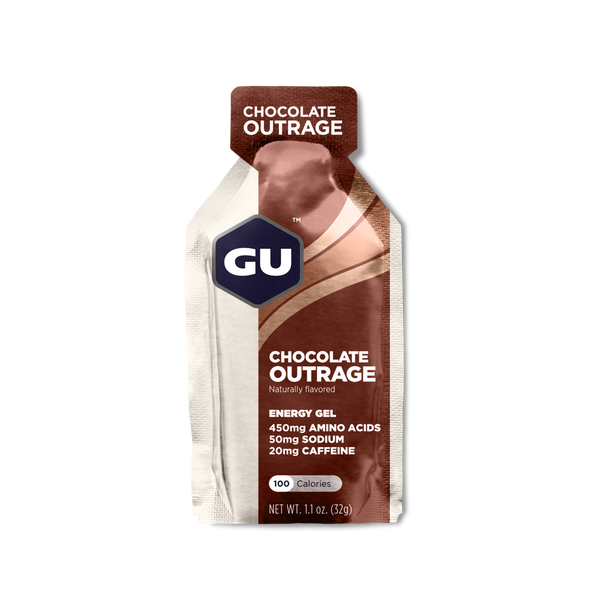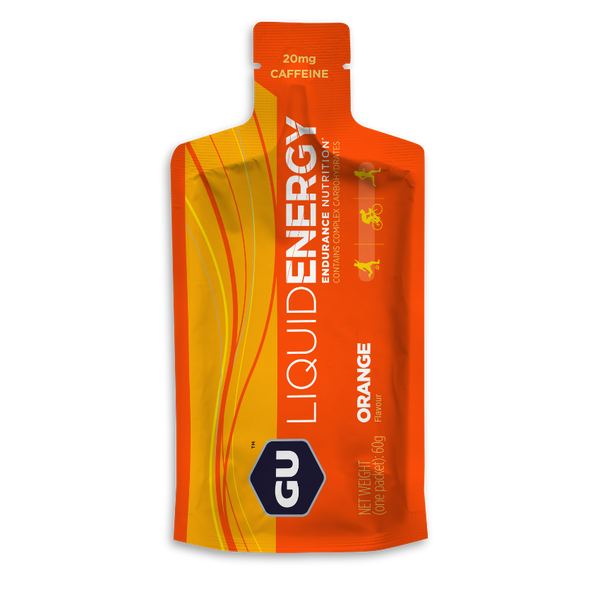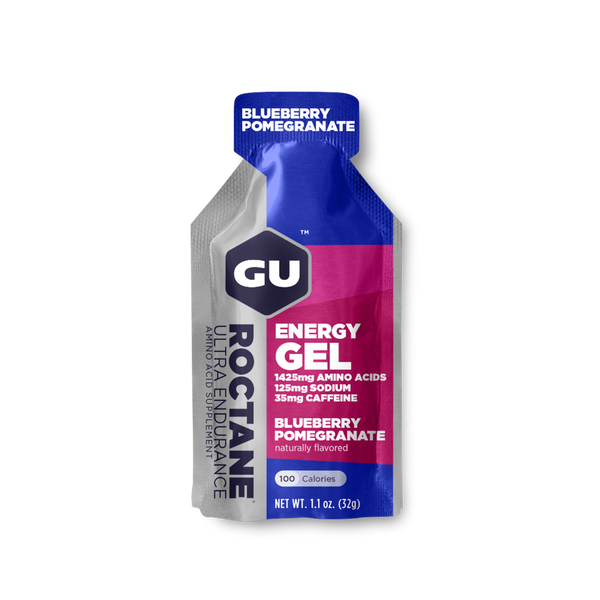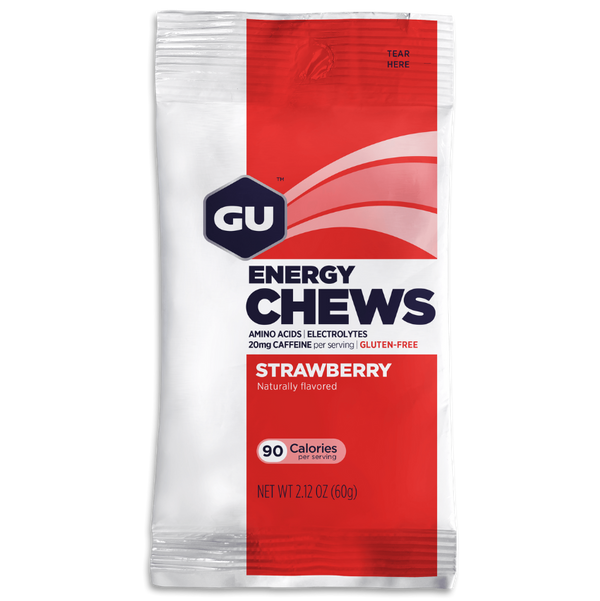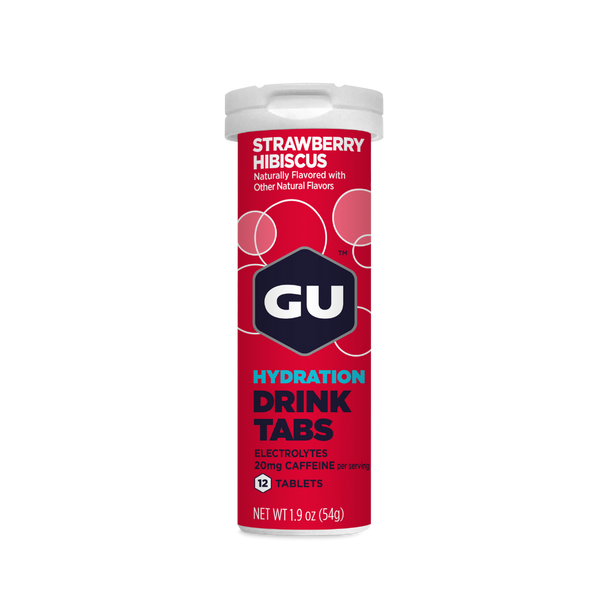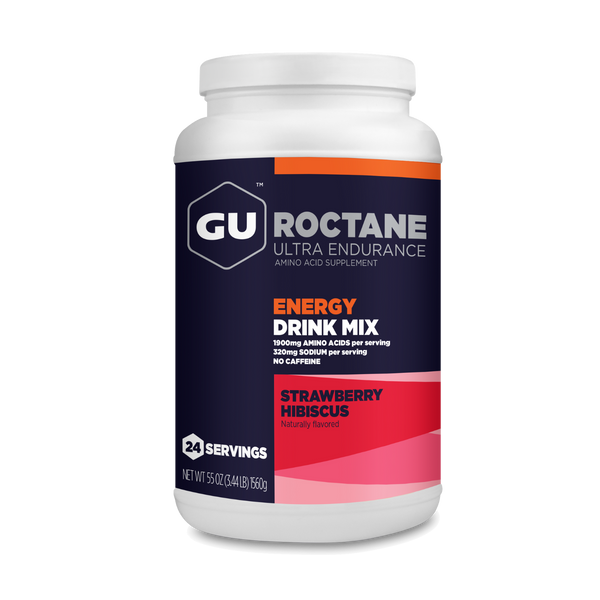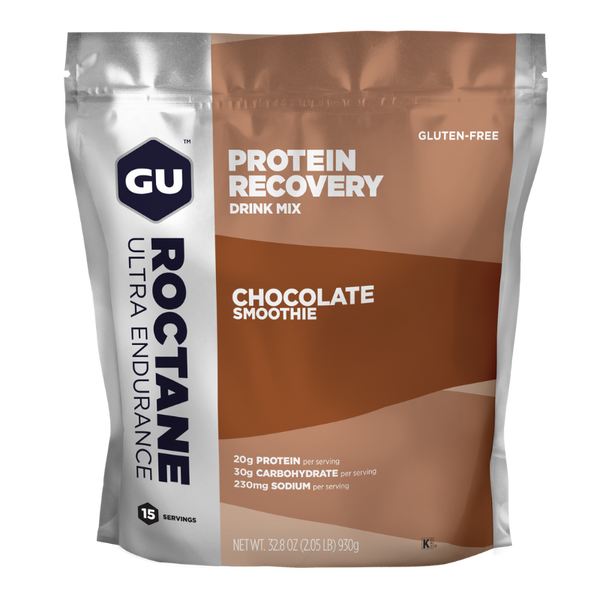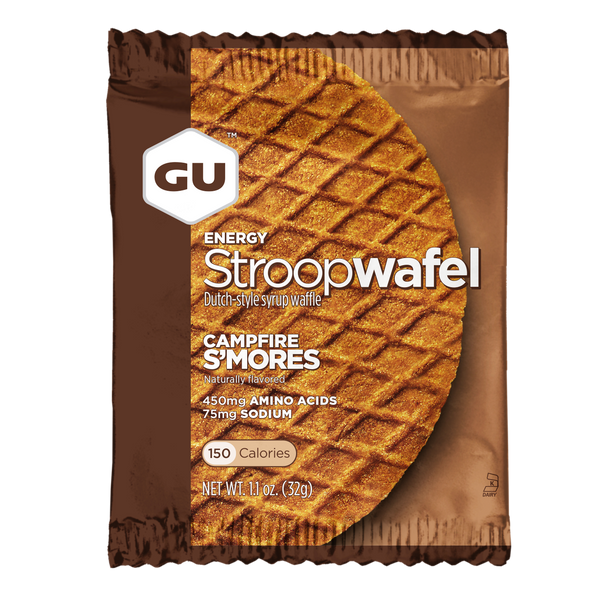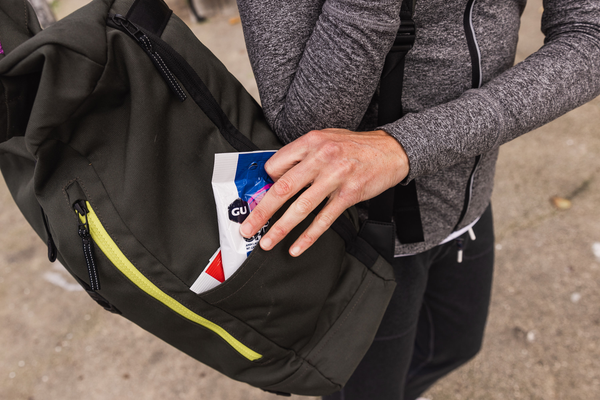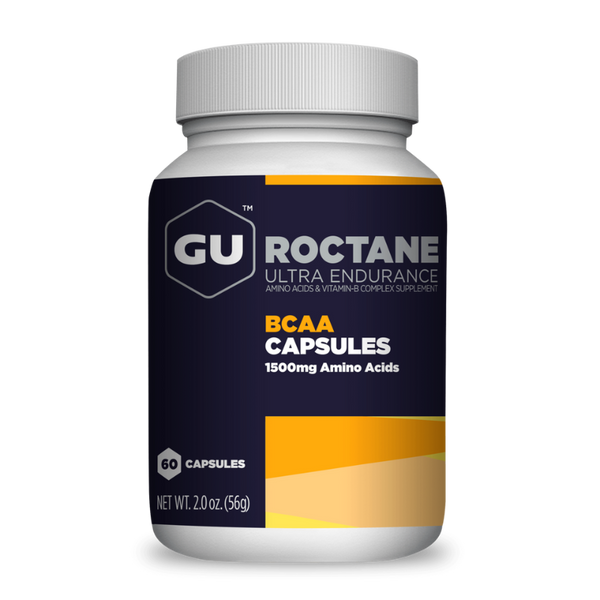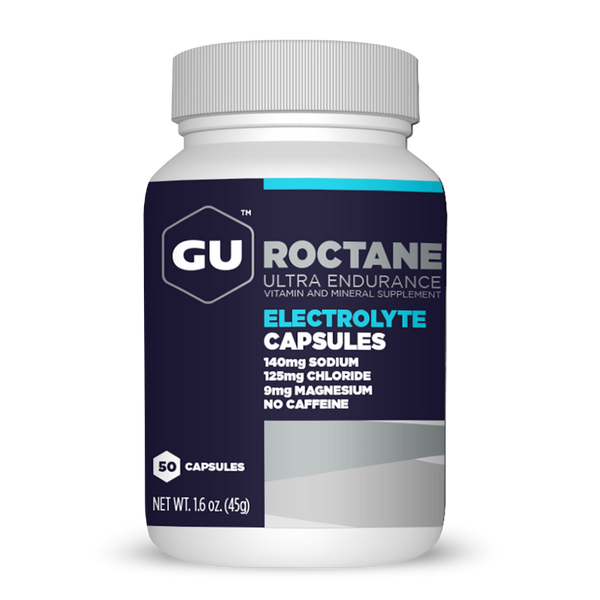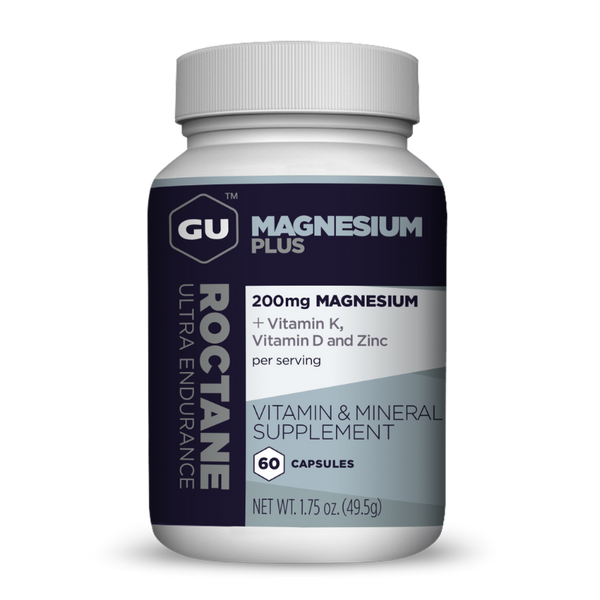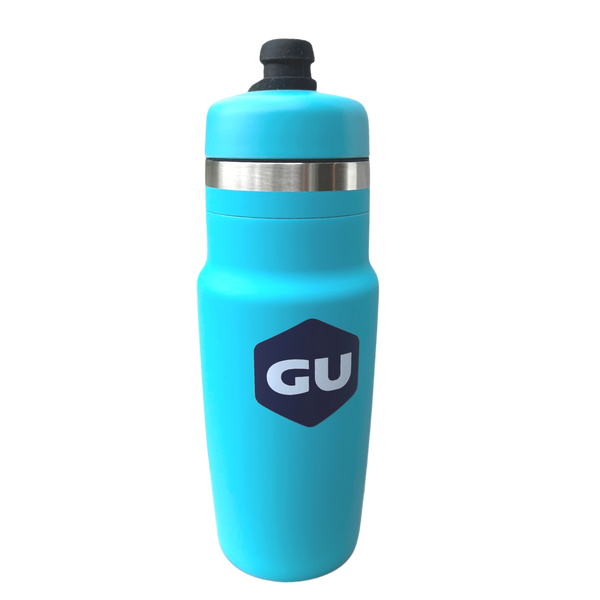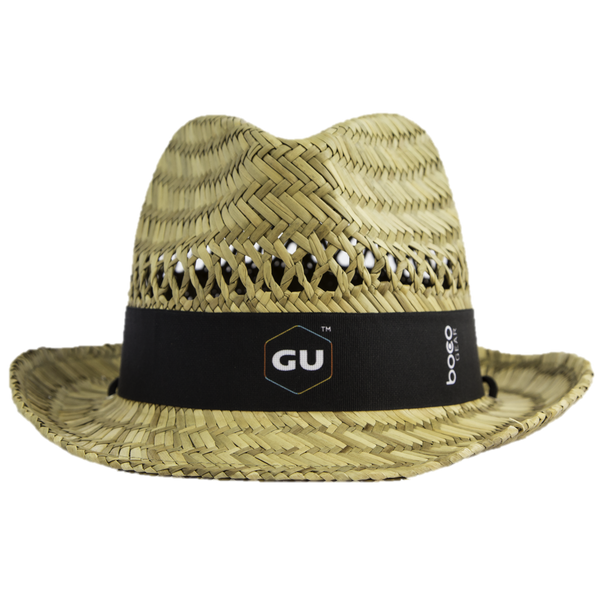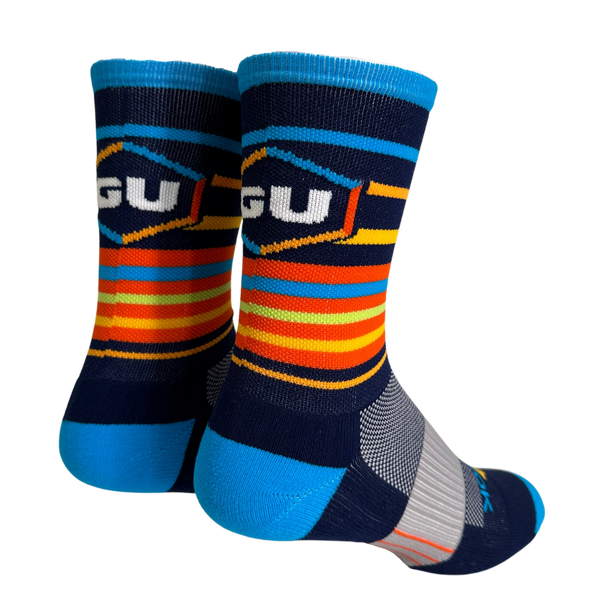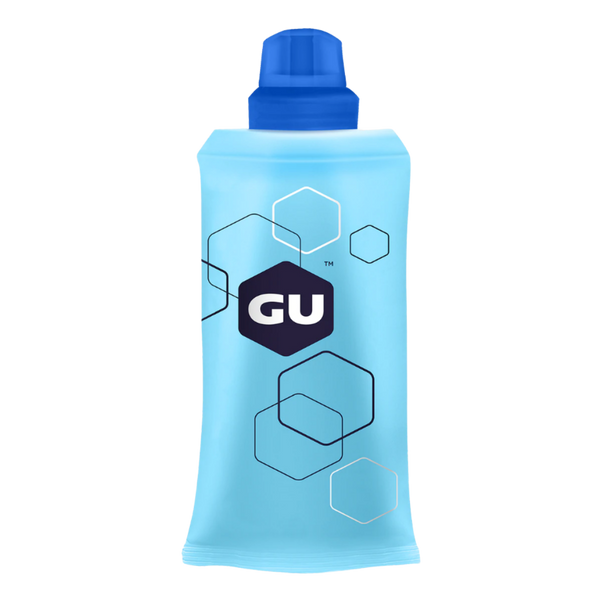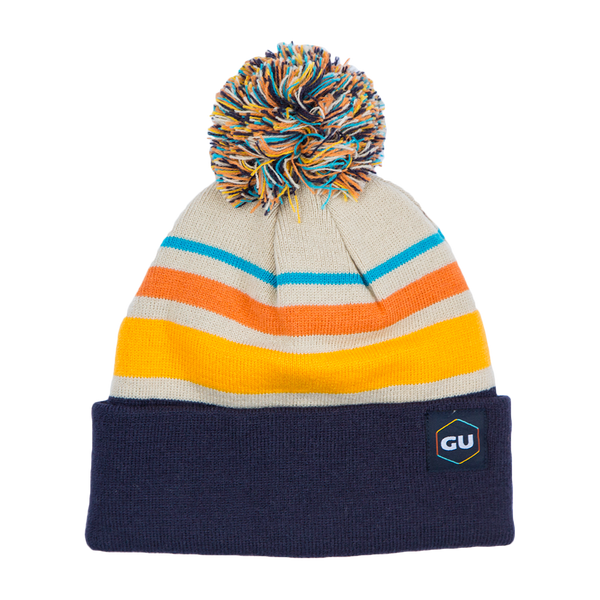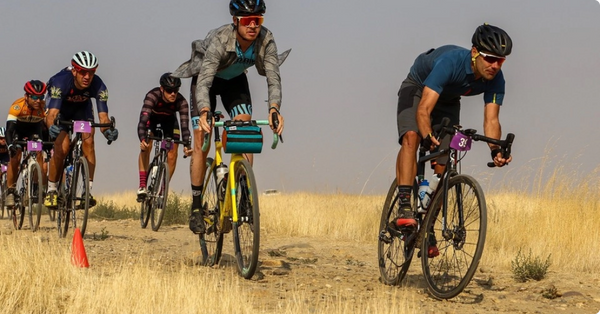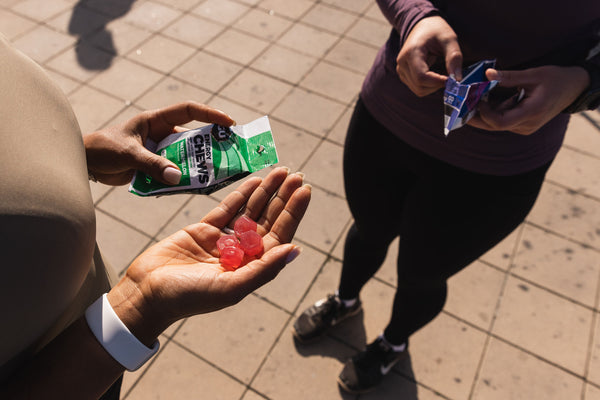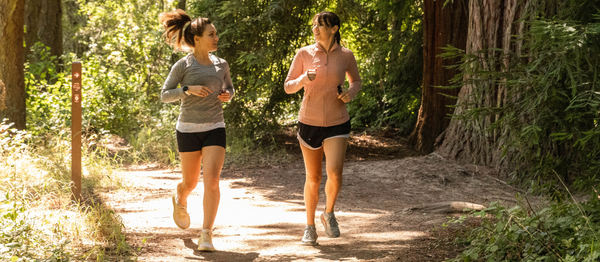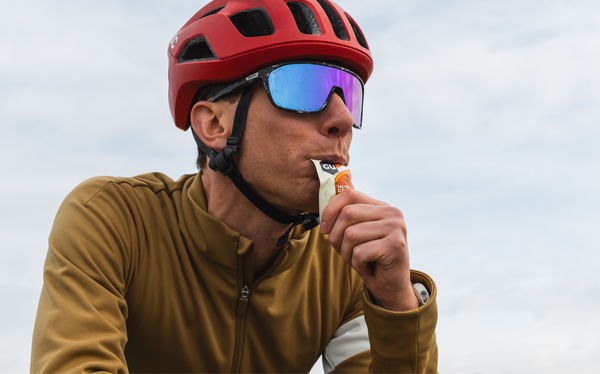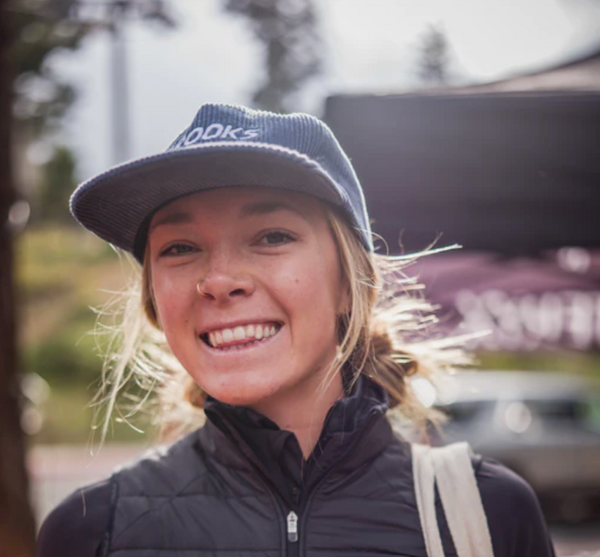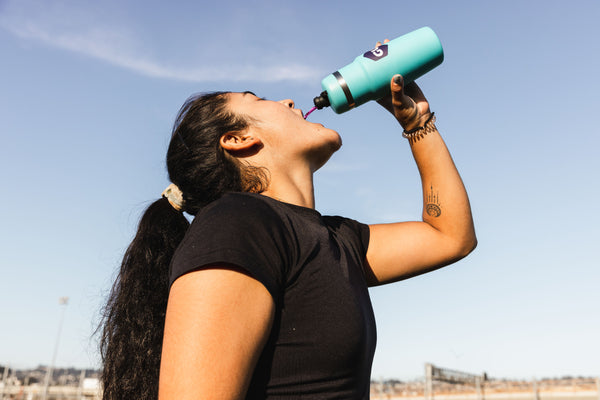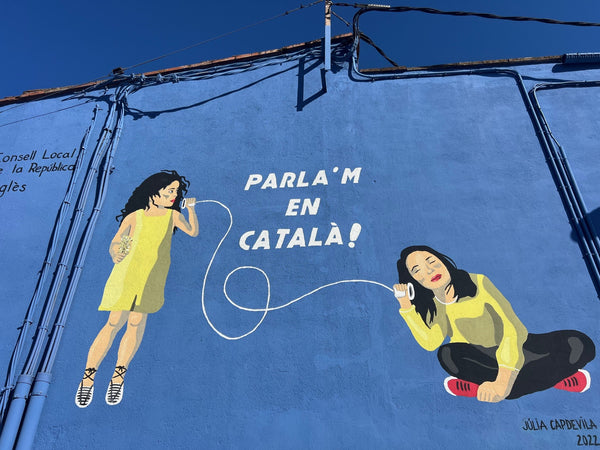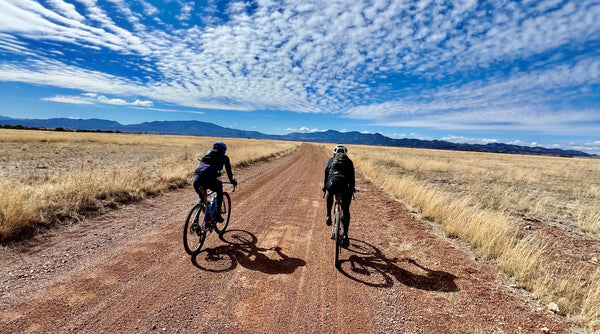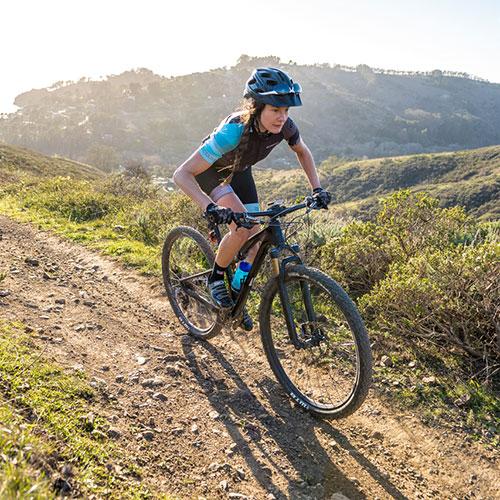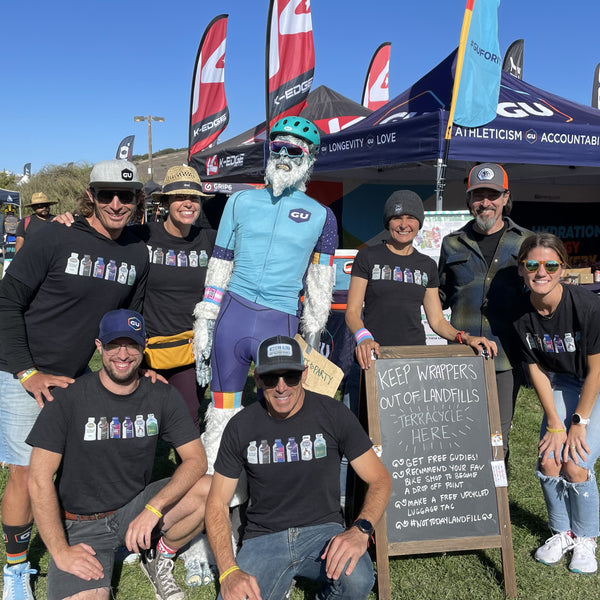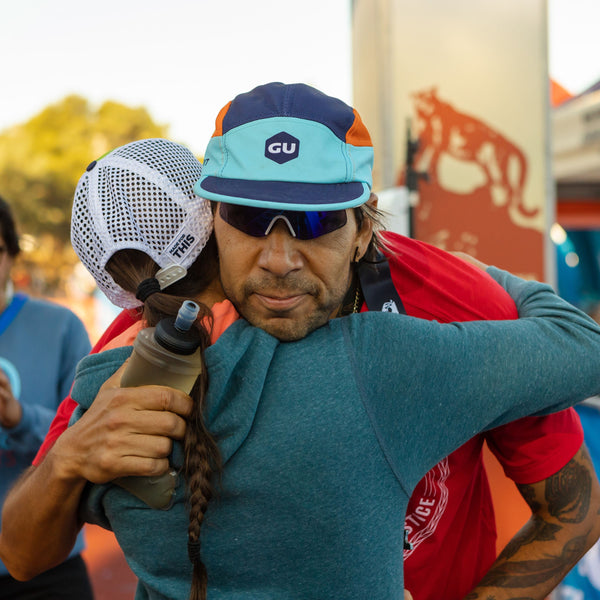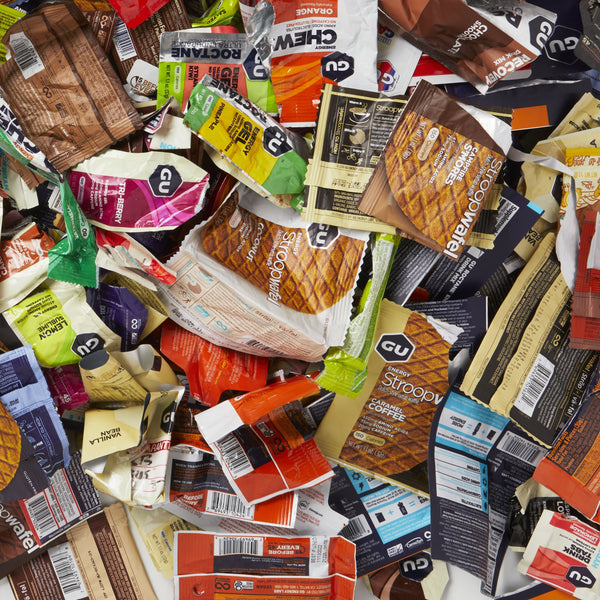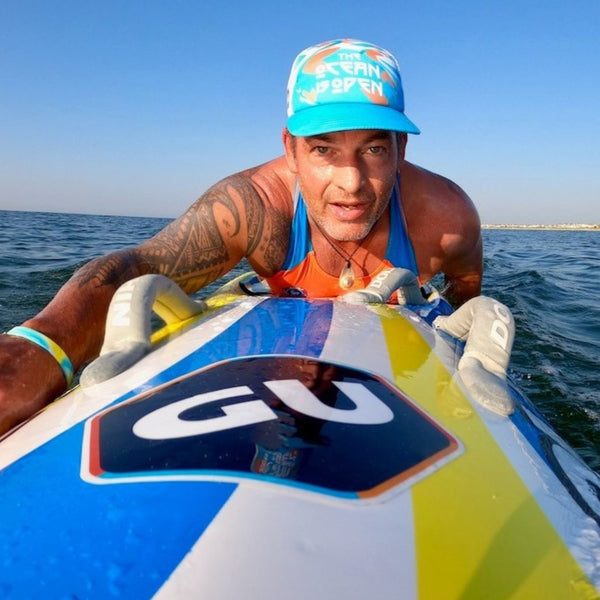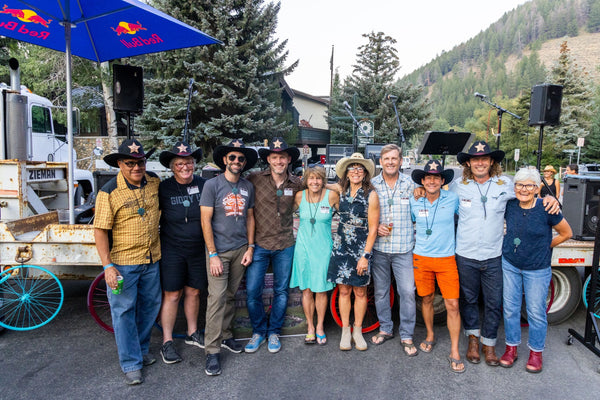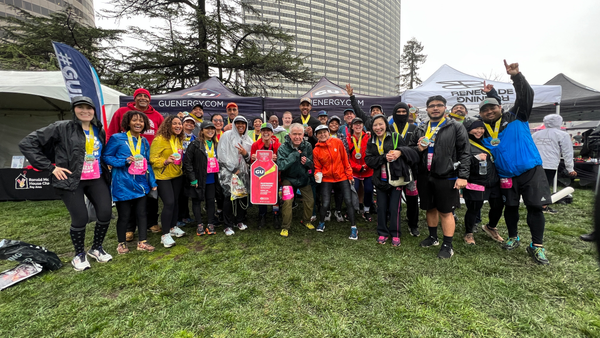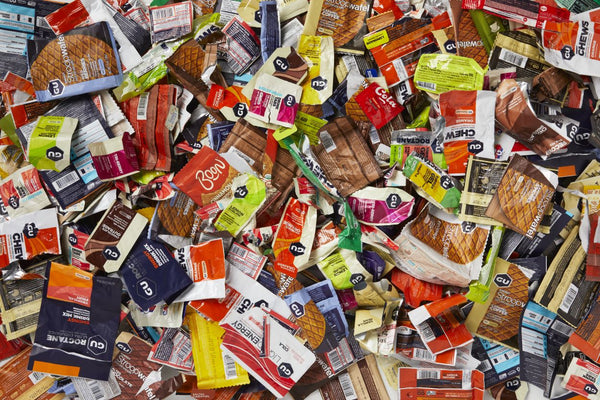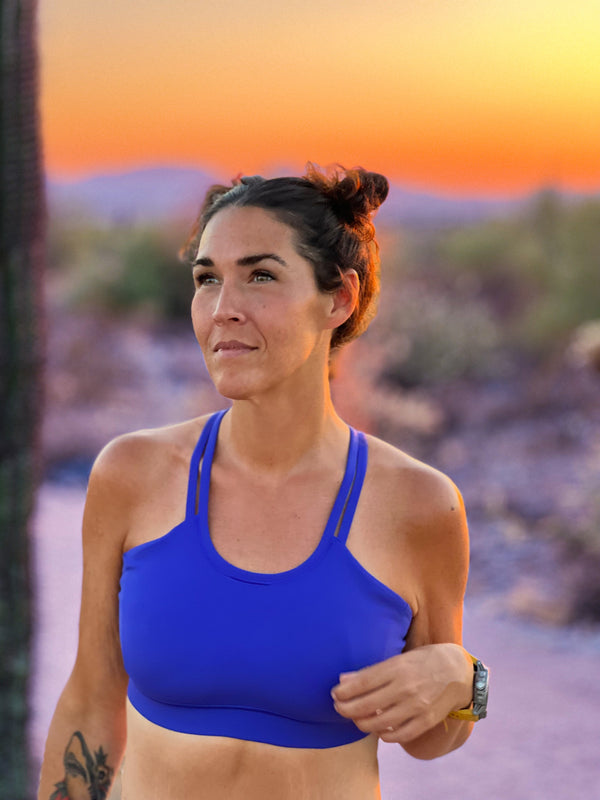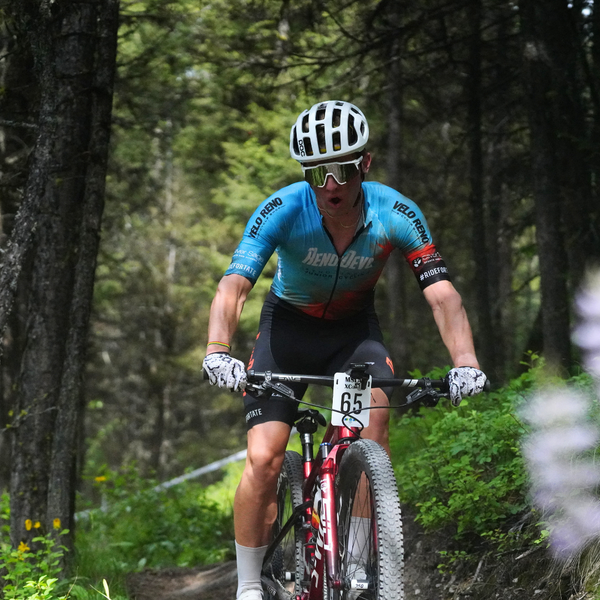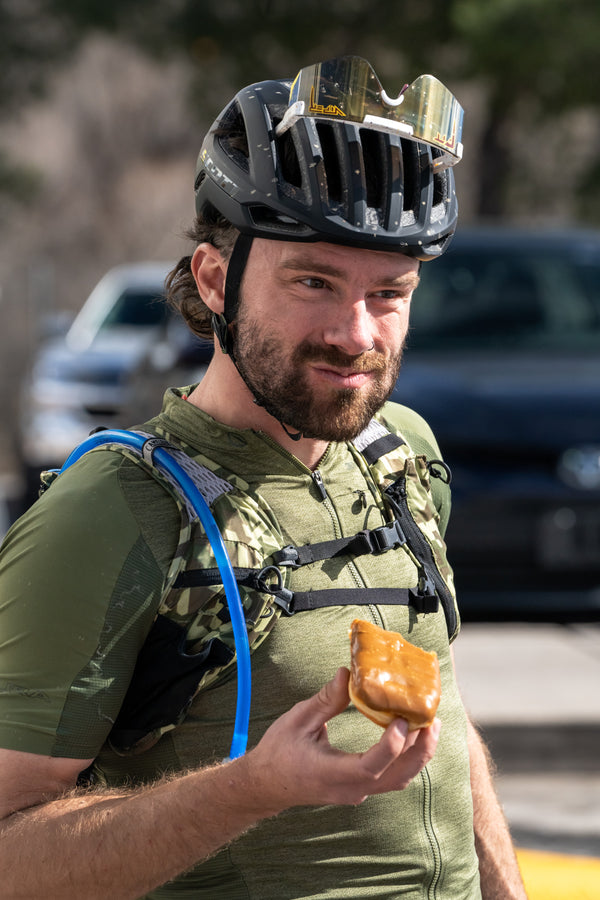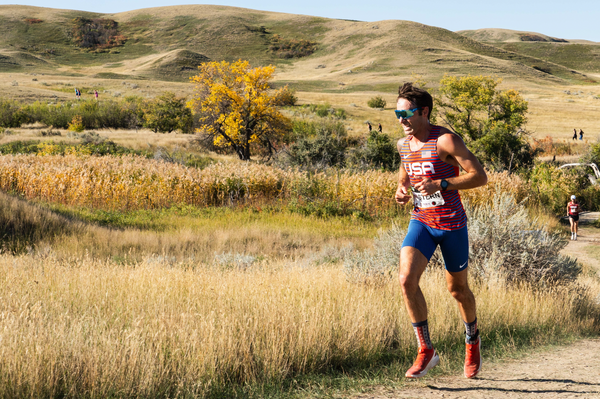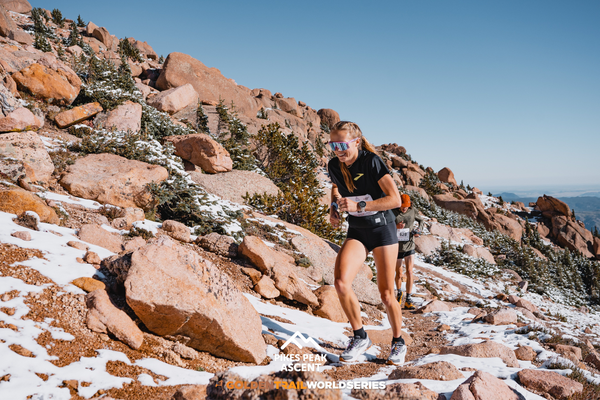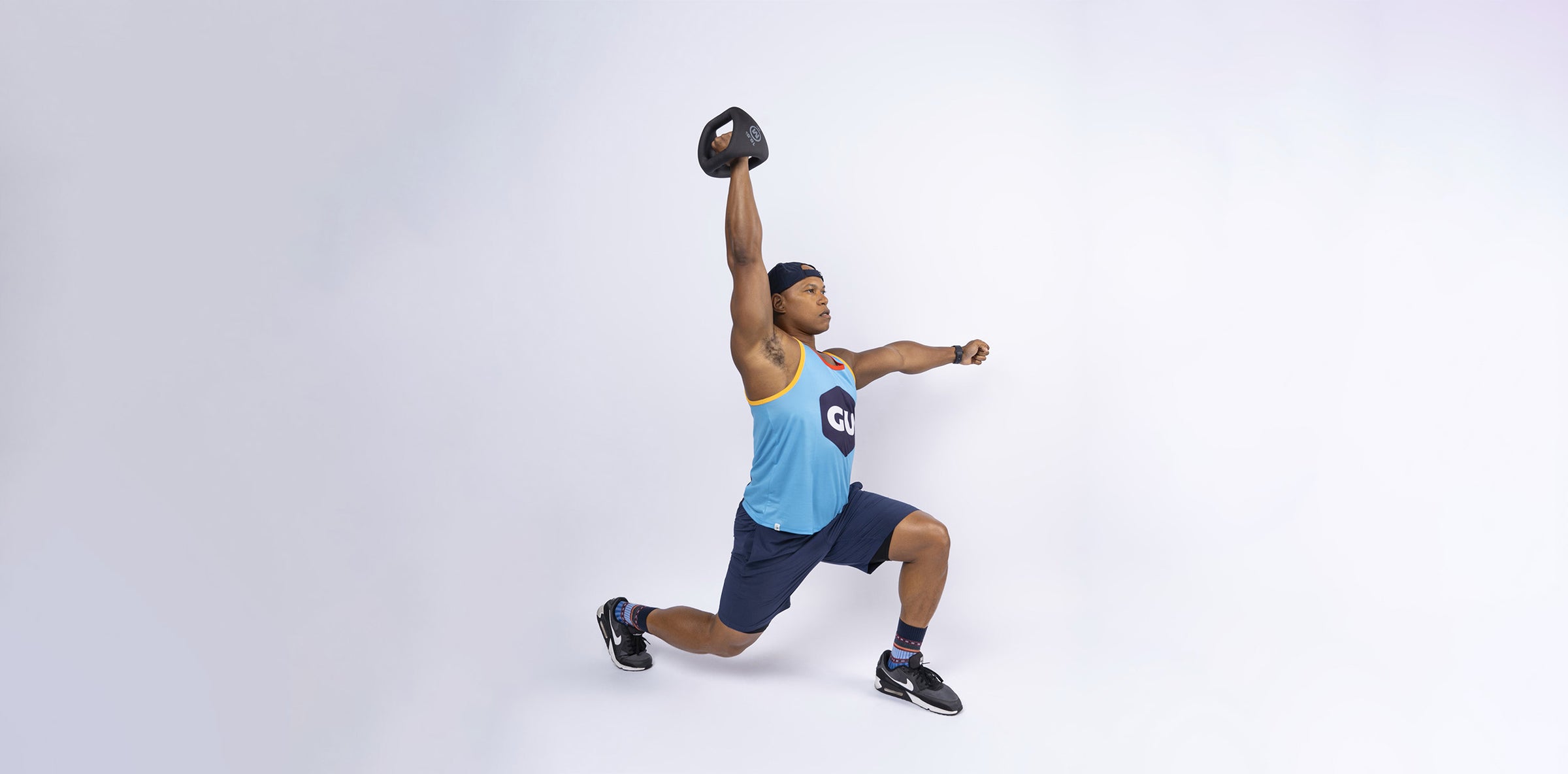Health and nutrition are at the center of GU athlete and ambassador Jah Washington’s life. As the founder of Harlem Kettlebell Club and winner of the Men’s Health Next Top Trainer contest, he has made a name for himself as a leader in the fitness world. But Washington’s path has not been easy or straightforward. As a young athlete, he identified as strong and healthy, but life has ways of throwing curveballs and Washington experienced a period of time when these physical characteristics didn’t come as easily as they did in his earlier years. Through some wake up calls from loved ones and hard work, Washington re-oriented his life and now spends his days teaching others how to do the same. GU Energy Labs Elite Athlete Manager Yuri Hauswald caught up with Washington to hear about his journey and what he's up to today.
Yuri Hauswald: As a former Harlem High School basketball standout and four-year starting point guard for Connecticut College, it's safe to say that you knew the power of sport and were at the possible peak of your physical fitness at that time in your life. It was a hiatus your senior year in college that took you down a different path. And it was a comment from your mom that you weren't quite yourself anymore that led you to undergo the ultimate personal transformation that has helped lead you to where you are today. Can you tell me a bit more about the personal transformation that you went through?
Jah Washington: Yeah, it was a very interesting time. I'll say this, I was always known in my neighborhood as somebody who was active and in shape. At one point, despite not growing anymore, I was bigger and taller than some of my friends. Fast forward to college when I was playing college sports and I had dedicated so much time to the sport and so much commitment to it—once my senior year came around and my season was over, I legitimately put the ball under my bed and took a break.
I didn't go to the gym. I decided I was going to give myself a moment to do some of the stuff in college I didn't get to. I spent a lot of time eating and drinking, probably more than I ever had. And that adds up really quickly when you're not burning those calories on the court between practice and games. I put on like 40 pounds in about four or five months. So a really significant jump.
It didn't feel great, but I graduated, got a full-time job in finance and that didn't really help. At that point I was really busy at work and the health and wellness piece went to the back burner for a second. I was grabbing any and everything I could eat just to maintain while I was doing all my work. And this got worse. I was really feeling sore and wasn't even working out. I was really tired going upstairs, and just didn't feel great generally. My mom and another friend of mine, they called me out and were like, "Hey, we had a higher standard for you when you were in college, and you just don't look the part anymore."
Both of them were very motivational and it pushed me into the direction of going into fitness. I got myself back into shape. I started to learn a lot more about my body. I was uncomfortable in the body that I was in and mentally it was frustrating 'cause getting back into shape wasn't as easy as it normally had been for me. So I dealt with a lot of those setbacks and feelings of "I can't do this. This is hard. I want to quit." And that's what got me in the mindset of being able to help people. I'm not necessarily the same weight or the same size as my clients. Nor am I going through the exact same experiences, but I have an understanding of how mentally draining these things can be and how hard it is to get yourself motivated to really push it and also not quit when things aren't going in the direction that you like them to.
That was a great experience for me. I think that's what helped me set the tone for how I am in the industry and what I'm trying to do for people. It wasn't the best time ever, but I'll say that getting back into shape was one of the most amazing things for me because it led to other people wanting me to train them. It led to me starting a bootcamp. It led to people really relying on me and becoming a voice in the fitness industry. And I would say that without that situation happening, I don't know if I'll be here today.
Yuri Hauswald: You mentioned that it was your peer group that pushed you in the direction of becoming a coach. They were seeking help in weight loss or training. I'm wondering if you could talk a little bit about how it was your friends who not only helped you drop the weight, but also steered you in the direction of becoming who you are today as a fitness leader in Harlem.

Washington: There are two parts to this. As soon as I was able to get myself back into shape, I had one friend in particular who reached out and she wanted some help. So we sat and we talked about her goals. She was a bit overweight and her main thing was that she just wanted to get some of this weight off. She was having issues with her knees and walking and her back, and the weight was the primary thing that was limiting her from doing a lot of stuff that she wanted to do. She was very active in high school as well, and so she wanted to get back to feeling comfortable in her skin. I started to insert a lot of the workouts that I was doing for myself and gave them to her, scaled them a bit, depending on things she could do, and just made it really simple, made it fun, made it challenging for her, and so it's something that she could see herself doing consistently.
That was my first big celebration for both of us, because she lost about 80 pounds in the year. That was a big deal. It opened up another can of worms where somebody else was like, "Oh, I love what you did with her. Can I become a client?" And then from a few clients, it became a bootcamp in the park. At this point it was just my friends coming out. I hadn't gotten anybody else. I wasn't even charging yet because I was really doing it out of the kindness of my heart, and I really wanted to see my friends do better. I knew what it felt like to be in that space. Then fast forward to people coming up to us in the park asking if they could join or asking how much it cost to train.
From there, I started to figure, "Okay, well, I have 10-20 people out here, I could start making some money for my time. So I kept it really affordable at $10 a class. Then I got a business partner. We collaborated and started doing classes together, and it just grew into a big bootcamp in Riverbank State Park with 10, 20, 30 people on a Saturday morning, which then led to us having a high demand.
The second part of this was that I had a friend of mine who passed away in August of 2013—a high school teammate. We were at a basketball game down in basketball city and he ended up having a heart attack and passed away. The reason why the story's important is because the woman that I helped lose 80 pounds was close to the friend who passed away and he passed away on her birthday. She had already known she needed to lose weight, and then to have someone who's really athletic pass away on her birthday—it gave her a wake up call. She realized, OK, if this person who really takes care of himself can just drop dead out of nowhere, then I need to take care of myself because this could be me.
It shouldn't have happened to him and I remember one conversation we had was that he loved the work I was doing. I'll never forget that conversation because that was one of my motivating factors I needed to do this for him and see it through. I decided to give it 110% and see what happened. I created a scholarship foundation in his name. We give out anywhere between $7,000- $10,000 a year to student athletes who are headed to college and who have likely been recruited to play a sport. The main thing is them showing a commitment to academics and athletics throughout their time in high school. Out of everything that I've done and everything I will do, this is probably the most important piece—to give back to community.
Hauswald: That's really powerful. That's the ultimate way for you to honor your friend's legacy and keep paying it forward to others. What is the importance or significance for you in opening a gym in your hometown of Harlem and what were some of the challenges of trying to maintain a gym business during the pandemic?
Washington: Opening my gym in Harlem was really important. When I was a young kid I was always looking for places to work out, looking for places to train. I played college basketball, high school basketball, and I never really had anywhere to go. I could go play, find a park and shoot around, but I never had a place where I could learn strength and conditioning. It was just because of a lack of resources at the time and there was not a lot of money being pumped into the community.
Most people are trying just to figure out how to pay their bills and keep their rent paid and eat versus paying for fitness, paying for a personal trainer. That's a luxury that's not afforded to us unfortunately. And so for me, being able to start something in my community, to be able to give people access to workouts, nutrition, things of that nature that they've never had, it's better than nothing at all. The other part is that it's unfortunate that people have to travel out of their neighborhood to take advantage of services. I live three blocks away from the strength and conditioning studio. It's amazing that I can pop out at six in the morning or in the evening and take a few steps and be at a workout and back home again to cook for my family. Before, when I wanted to get a good workout, I had to get on a train for 45 minutes and then when I got to downtown Manhattan, the price point increased. I had to pay a lot more just to take a class and then get on the train to come back.
And so that's something that was important to me—having a space that is quality, having it be affordable, having it be accessible, having it be diverse, having it be inclusive. My spaces are built for any and everyone. I want to make sure that any person that walks in my door feels great, but I'm very particular and intentional about my space. Women of color are left out in a lot of different ways, especially in the fitness industry in terms of their bodies, their structure. Those things aren't taken into account when people are building fitness programs and they're choosing exercises. And so that's something that's very important to me: that people of color and more specifically, women of color, have a space where they can be comfortable, they can be confident, they can build a community and not have to worry if they're accepted into a space.
With regard to the pandemic, it's been a lot. I'll say this: my first space I opened was Harlem HITT. That was from 2016 to 2019. On my birthday in 2019, that space flooded so we moved out and the landlord didn't continue with the lease. So we ended up doing some workouts outside, on my roof, and back to the park. l landed a space in April of 2019 and opened in August of 2019. Fast forward six months and the pandemic happens. Everyone had to close down. So I would say that that timeframe was stressful, but also eye-opening. Having to pivot really quickly was stressful because I was like, wow, we just had a flood. I finally got a new space, we're getting back into a groove, we've got all these new people and the community is loving the space that we built. It's the first strength and conditioning studio in Harlem, especially with all the services that we offer between swim training, kettlebells, boxing, Olympic weightlifting, a one-stop shop outside of cycling and cardio based stuff, which is not our expertise.
We did a lot of partnerships with Harlem Cycle and Harlem Yoga and Harlem Pilates to make sure that people were getting those additional things from a local business in the neighborhood. So the pivot during the pandemic was challenging. Everyone moved to virtual training, which was not something I'd ever done. I never talked to a computer screen outside of when I worked in my finance job. But having to adapt to that and learn how to train through a screen and coach in a queue and also really try to cultivate a community online is hard, especially if it's not something that you're used to, but it was fun. They were probably some of the best training moments that I've had because I was able to create an environment where people did not want to miss their virtual workouts.
I remember my first online class ever. I had 66 people sign up, and that was a huge deal 'cause I thought no one was going to sign up for this virtual thing. I ended up doing a fundraiser for Harlem Hospital with the essential workers and I had 122 people sign on—I was swiping zoom screens back and forth, having a blast. When something is new, when it's uncomfortable, it tells you a lot about yourself. You learn and you grow really quickly, and you figure out what type of person you are when there is chaos.
Hauswald: Can you tell folks what Harlem Kettlebell Club is?
Washington: The Harlem Kettlebell Club is the first kettlebell specific studio in Harlem, and if I'm not mistaken, in New York City. Our entire studio is dedicated to teaching people how to use a kettlebell for a number of different purposes: to get stronger, to build muscle, to train for power, conditioning core work. The kettlebell is known in the fitness industry as a Swiss Army Knife. It's a great tool for being able to train a lot of different qualities, and you don't need access to a lot of space or a ton of load. What I wanted to do was introduce Harlem to a modality that we never had access to. The kettlebell became very popular, especially during the pandemic, when people were looking for simple and effective workouts. A lot of people started to gravitate towards a kettlebell because you only needed one, two, maybe three of them, versus like a spread of dumbbells and barbells at the gym.
What we're trying to do is give people another unique way of training. My goal with all of my training is to give people access to different tools. From there, they get to become more proficient and efficient at a lot of different things, so that when they do leave me, if and when they need to train on their own, they know how to use a lot of different things so they can actually get a quality workout in without necessarily having a coach there. So this is the goal: to add more modalities and open up other spaces that provide access to more tools that are out there. But right now the kettlebell is the tool that's really popular, and it's a very good gateway into strength training.
Hauswald: Do you have any recommendations for pre, during and post kettlebell workouts?
Washington: Every morning I have a GU Stroopwafel. It's easy, digestible, I can get some carbohydrates, I can get a little bit of caffeine, get some sodium in—that's great. I'll have one or two, depending on what type of session I'm gonna have. If I'm gonna be doing some light conditioning, I'll probably have one. If I know I'm probably gonna do some weights, I might have two just to get a couple more calories in. But they're super filling and easy, and I can have it on the go. I also keep a box in the studio most times for clients who may be coming in from work who didn't have a chance to eat, they can grab on those they have right before a session.

In terms of hydration, I keep Tabs with me at all times. The goal is to try to drink a gallon of water every day. Tri- Berry is my favorite flavor. I'm always popping one into all of my water. For me personally, hydration and having electrolytes is really important—some caffeine as well. But the main thing is that I tend to drink more water when I have some sort of flavor in it 'cause it almost tastes like I'm having juice.
In terms of when I'm out for a run or or a cycle, I tend to go with the Roctane Energy Drink—for when I need a bit more fuel for a longer distance. If I need a little bit more fuel to push through the last bit of a workout that I'm doing, maybe I have like 15, 20 minutes left, I tend to grab a couple Energy Chews. Again, they're digestible, they work really quickly. When we talk about fuel, hydration, stamina, and just not getting that bonking feeling, I think those are my go-tos.
Hauswald: It's obvious that you love to share your passion for physical fitness, weight loss, and personal transformation with others. I'm wondering if you can share what it is about that experience that fills your cup so much and keeps you coming back every day?
Washington: Yeah, it's about challenging yourself. I've grown up in a household and with my teammates and my coaches who always push me to the next level. I want to tap into that. I'm somebody that doesn't believe in getting comfortable. I really want to try to challenge myself. I wanna push myself to be a little bit better every day. I don't compete with anybody but myself.
You have to lead by example, and that's something I try to do every day. I'm not perfect, but one thing that people will say about me is that I'm consistent, I'm resilient, I'm willing to put in the work, I'm willing to put myself first. I really try to push that into my clients.
